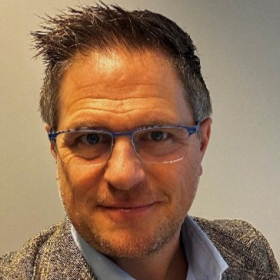

Rainer, European Commission
“As a policy officer in the European Commission's Directorate-General for Taxation and Customs Union (DG TAXUD), I manage CESOP, an IT system designed to combat e-commerce tax fraud. I contribute to improving business compliance when trading with EU citizens and companies. I am proud to be able to influence the creation of legal and technical tools enhancing tax fraud detection, together with Member States and international organisations, such as the OECD and Europol. After over nine years in DG TAXUD, I appreciate the unique, inspiring, joyful and challenging opportunities to work in a multicultural community, where colleagues and managers show respect for individual work and personality.”
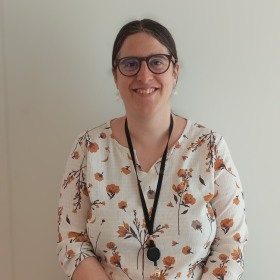
Aude, European Parliament
"Multilingualism - the possibility to express and inform oneself in any official language - plays a key role in Europe. This makes my work at the European Parliament’s Directorate-General for Translation useful. As the leader of the team responsible for TRAD’s statistics, I can analyse and make available information about the use of languages, as well as show the work of our translators. I like the fact that my work includes different skills. I am working with the technical part of data processing as well as the design of metrics to monitor the situation. Therefore, collecting, cleaning and organizing data is my daily job, in addition to creating new metrics fitting our management needs and issuing/reworking our indicators set."
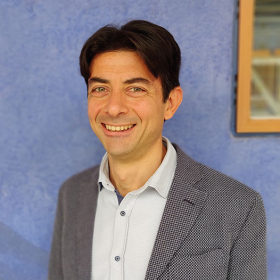
Nicola, European Commission (Eurostat)
"Official statistics are not just dry numbers: they are the lifeblood of democracy. They are essential for policy makers to make informed decisions, as well as to inform citizens on how economies and societies evolve, so that they can form their own opinion.
I am proud to work in Eurostat’s Directorate on Macroeconomic statistics, as the figures we produce – for instance on Gross Domestic Product or Household Price Index (i.e. inflation), just to mention two very well-known macroeconomic indicators –, crucially support the economic policy of the EU."
Martin, European Commission (Eurostat)
"At Eurostat we’re developing the European statistics of tomorrow.
As a statistician, I could not have been part of such a variety of challenging and meaningful projects anywhere else.
At the heart of the European Statistical System, this is the place to do exciting stuff while making a difference!"
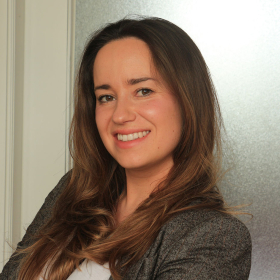
Andrea, European Commission (Eurostat)
"I have always wanted a job with a purpose – to make society a little bit better. And a healthy society starts with information you can trust.
Working at Eurostat allows me to contribute to the public interest and provide the reliable data that our policymakers – and all of us – depend on. Even before I worked here, my friends and I used to send each other Eurostat infographics if we wanted to prove a point, so it’s great to be at the source now.
Plus, it’s an interesting, appreciative, and multicultural workplace!
I came to Eurostat through the Generalist/Graduate competition, after first working as a trainee for the EU agency for energy regulation in Ljubljana. Work at Eurostat is very varied: we have a lot of contact with other Directorates-General (DGs)of the Commission, but we also work closely with Member States. I personally work with data on digitalisation and internet use, which is such a fast-changing topic that it always keeps me on my toes.
As Eurostat’s Youth Correspondent, I also have a special interest in ensuring that our work reflects the needs and perspectives of the younger generation. We are all working together to shape the EU of tomorrow – if you want to be a part of it, check out the EPSO website and apply!"
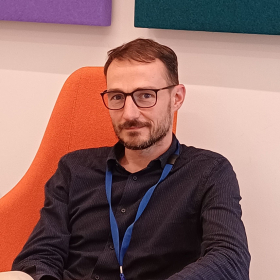
Jean-Sébastien, Council of the European Union
I joined the Council of the European Union in 2015 after passing an AST competition in finance. The funny part is that I graduated as a translator, but my professional career led me through a completely unexpected path! And this is what I love about my job: I got here because of my skills and competencies, just like my colleagues from all Europe that come from different backgrounds but who share the same professionalism and dedication. My tasks here at the Council allow me to play an active role in the organisation of meetings and summits that shape the future of the European Union, and I strongly encourage anyone to apply for a job in the institutions!
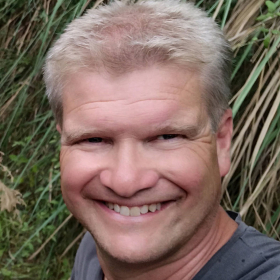
Johan, Council of the European Union
I started my career as an assistant in the accounting unit of the General Secretariat of the Council (GSC). After a few years, I moved to the internal audit service where I analysed all the financial circuits in the house and issued recommendations to promote efficiency gains. In the meantime, being certified, I joined the Buildings and Logistics Directorate as an administrator and picked up the role of Head of Sector leading the budget execution sector. A few years ago, I moved to the IT department, where I now manage a finance team and coordinating all the financial obligations related to the budgetary cycle. Do you still think that Finance is boring?
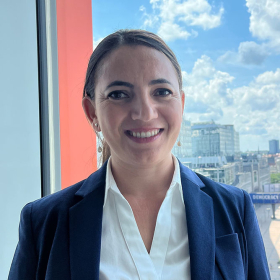
Florentina, European Parliament
After having worked as a Contract Agent at the Joint Research Centre in Italy, I successfully passed an EPSO competition and began my current role as a Financial Officer at the European Parliament’s Directorate General for Communication (DG COMM).
As a civil servant in the financial sector, I manage the budget implementation for all communication activities, ensuring that the Financial Regulation is correctly applied.
Working at the European Parliament is incredibly rewarding, offering both personal and professional development opportunities. I interact with colleagues from diverse cultures and backgrounds, and have the chance to learn and specialise in various domains.
I am proud to be part of an institution that is at the heart of democracy, where crucial decisions for European citizens are made. Working at the European Parliament brings me closer to the European political scene as well.
If you dream of joining the European Institutions, your first mission—should you choose to accept it—is to succeed in an EPSO competition! Good luck!
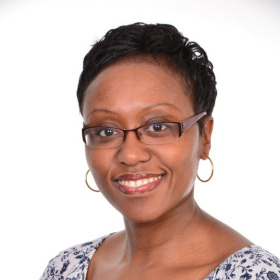
Fabienne, Council of the European Union
‘Working for the General Secretariat of the Council (GSC) is a unique experience and a great opportunity to contribute to a bigger and common project that concerns every single EU citizen. Indeed, you get to work at the place where the political priorities of Europe for the future are discussed and decided.
In order for the different political and other horizontal Directorates of the GSC to work as efficiently as possible, the "Digital Services Directorate" (DG SMART) provides them support through various IT assistance and projects.
I work at DG SMART as a financial verifying agent within a team where we make sure that the DG SMART's budget is correctly implemented and spent.
So, if you like finance and wish to evolve in an international and multicultural environment that offers interesting professional challenges and continuous learning opportunities take the step and apply now for this competition!’
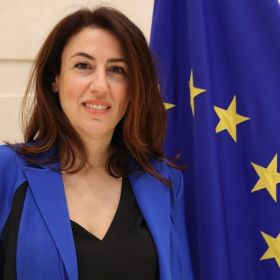
Evgenia, European Commission
“I have been working in taxation files in both indirect and direct taxation for 21 years, first in the public sector in Greece, then in the Economic and Financial Affairs (ECOFIN) Council and for the last 4 years in the European Commission after succeeding in the EPSO AD taxation competition. For me, working in the Commission means that ‘every day counts’. It counts because I am contributing, with my own policy reflections, analytical work and experience, collectively with other colleagues, to shaping EU taxation policy. Every contribution is a little step further in making the Single Market work in practice for citizens and business.”
